
Pictured: Sabine Cudney, GLFxVeracruz director, a GLFx chapter made up of all women who work with Indigenous communities in the Los Tuxtlas reef system.
GLF, Bonn (30 October)— A constellation of independently organized local chapters launched yesterday to galvanize community-led action for more sustainable landscapes. This global movement, known as GLFx, will enable people with the knowledge, connections and technologies they need to take the future of the landscapes they inhabit in their hands.
The GLFx initiative, which launched at the Global Landscapes Forum (GLF) Biodiversity Digital Conference on 28-29 October, offers members exclusive access to leading scientists, a virtual knowledge resource, and inspiring events organized locally and digitally. Members will also benefit from the support of their local chapter coordinator and GLF partners to turn their ideas into practical solutions.
“There is a growing global movement of people committed to transforming the relationship between humans and nature,” said John Colmey, who directs the Global Landscapes Forum. “The number and quality of GLFx proposals to advance healthier, more productive and more resilient landscapes are testament to that.”
GLFx chapters represent a broad range of objectives, expertise, generations and regions. including Veracruz (Mexico), Nairobi (Kenya) and Lilongwe (Malawi). For example, the Veracruz chapter, made up of all women, has come together to inspire Indigenous communities in the Los Tuxtlas reef system to adopt sustainable fishing practices, allowing them to establish a community-based marine reserve and protect fish stocks, cornerstones of their livelihoods.
In collaboration with a Mexican NGO, the GLFx Veracruz chapter will facilitate the virtual exchange between long-established sustainable fishing cooperatives and local communities to embrace new practices. They will film and publicize success stories and conduct outreach in local schools. “Our vision is for local communities to be able to use their natural resources in a sustainable, equitable and culturally respectful way so they become co-responsible for biodiversity conservation,” says Sabine Cudney, from the Veracruz team.
In Nairobi, the local chapter is driven by the ideas of ‘learning and thriving together’, and seeks to create a platform that brings Kenyan youth together around landscape restoration. Networking, mentoring and knowledge-sharing are all priorities of the group, which encourages the participation of young people involved in local restoration and conservation. The founders of this chapter, who are passionate young people themselves, bring their expertise in natural resource management, renewable energy and forest restoration.
The GLFx chapter in Lilongwe is led by experienced forestry experts and seeks to raise awareness, reinforce capacities and build trust among local stakeholders to promote healthier, more productive and resilient landscapes.
Interested in meeting like-minded people and sharing knowledge on landscapes as part of a global movement? Join the GLFx community here to access online and local communities working on tree planting, sustainable finance, restoration, and more.
Editor’s note:
The Global Landscapes Forum (GLF) is the world’s largest knowledge-led platform on integrated land-use, dedicated to achieving the Sustainable Development Goals and Paris Climate Agreement. The Forum takes a holistic approach to create sustainable landscapes that are productive, prosperous, equitable and resilient and considers five cohesive themes of food and livelihoods, landscape restoration, rights, finance and measuring progress. It is led by the Center for International Forestry Research (CIFOR), in collaboration with its co-founders UNEP and the World Bank and Charter Members. Charter members: CIAT, CIFOR, CIRAD, Climate Focus, Conservation International, Crop Trust, Ecoagriculture Partners, The European Forest Institute, Evergreen Agriculture, FSC, GEF, GIZ, ICIMOD, IFOAM – Organics International, The International Livestock Research Institute, INBAR, IPMG, IUFRO, Rainforest Alliance, Rare, Rights and Resources Initiative, SAN, UNEP, Wageningen Centre for Development Innovation part of Wageningen Research, World Farmer Organization, World Agroforestry, World Bank Group, World Resources Institute, WWF International, Youth in Landscapes Initiative (YIL)



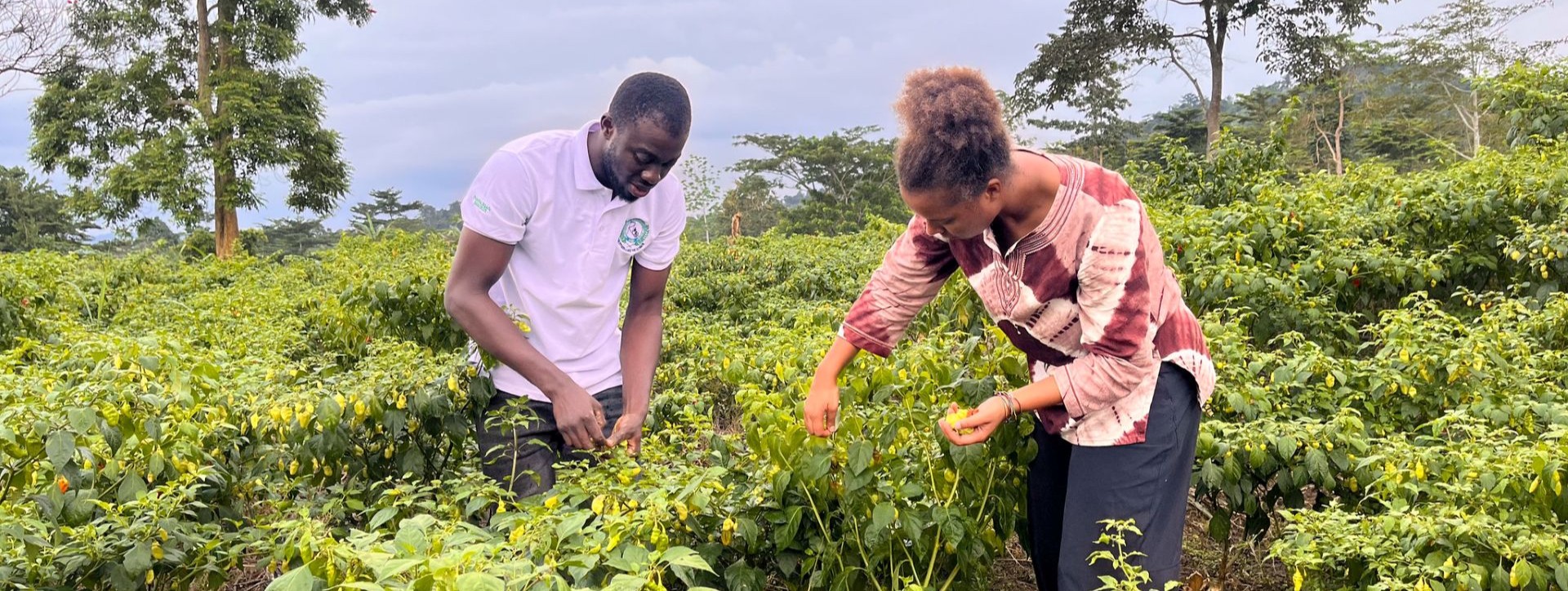
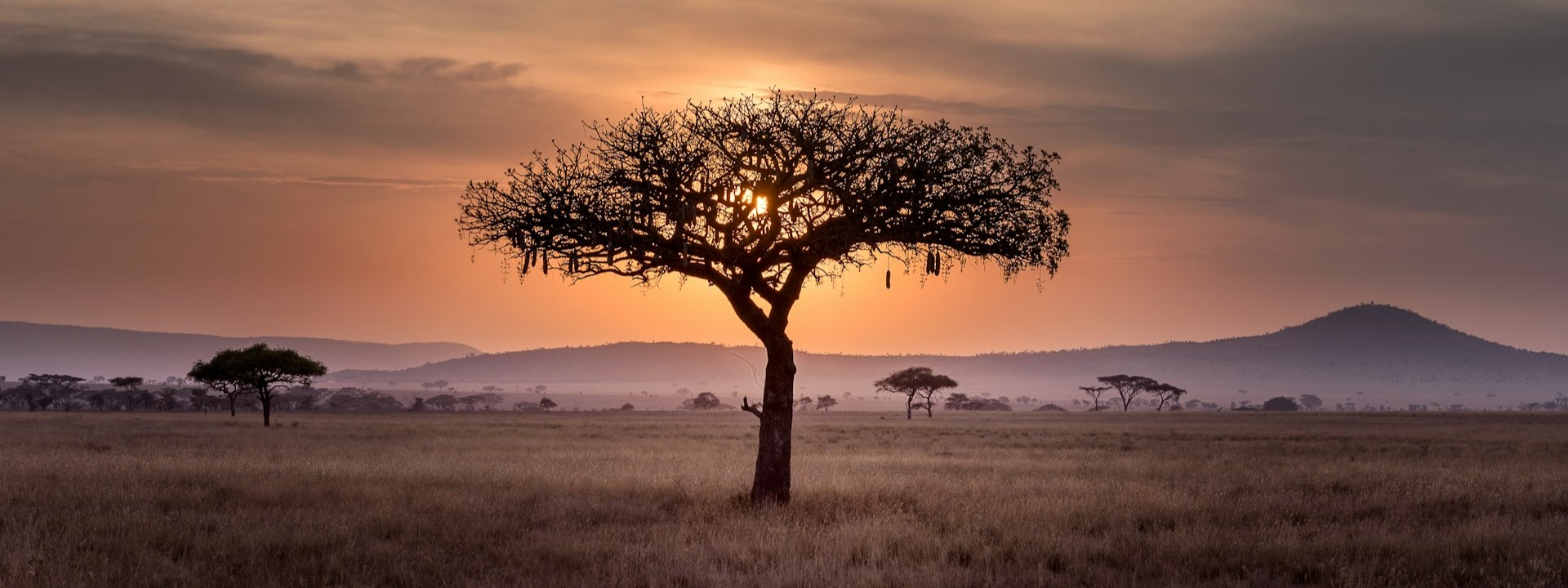
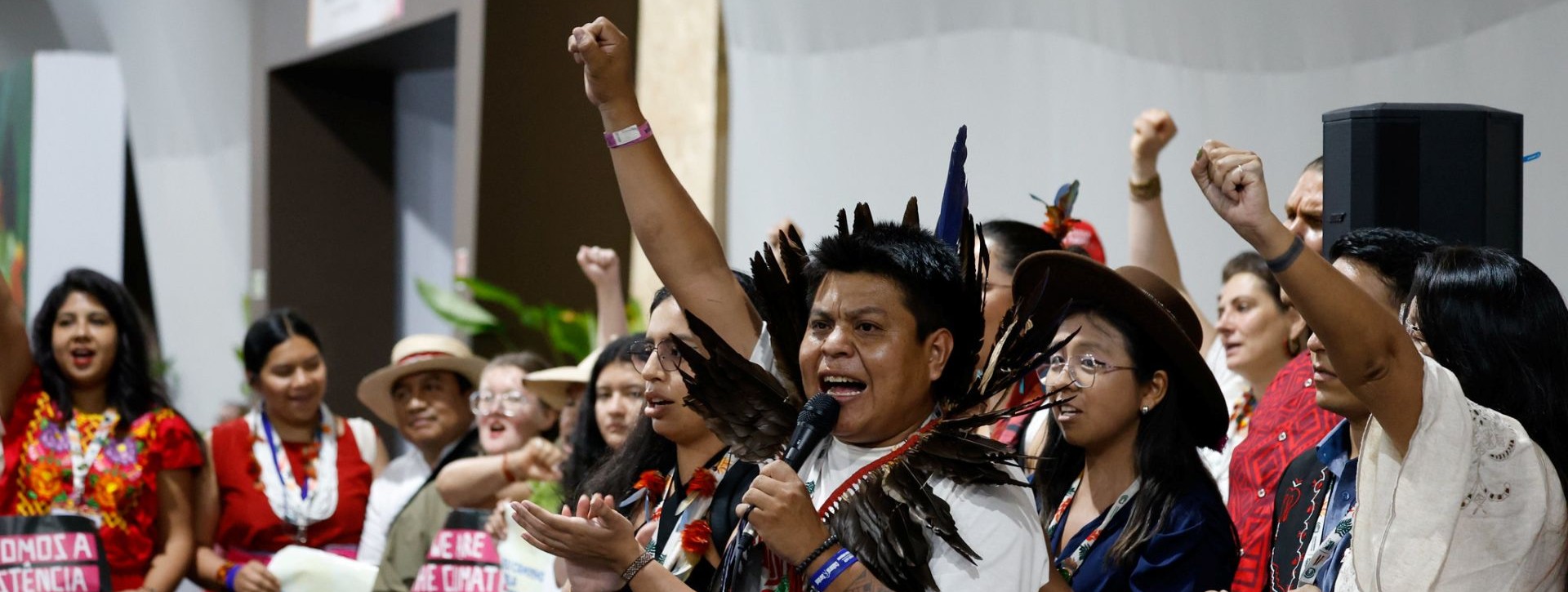
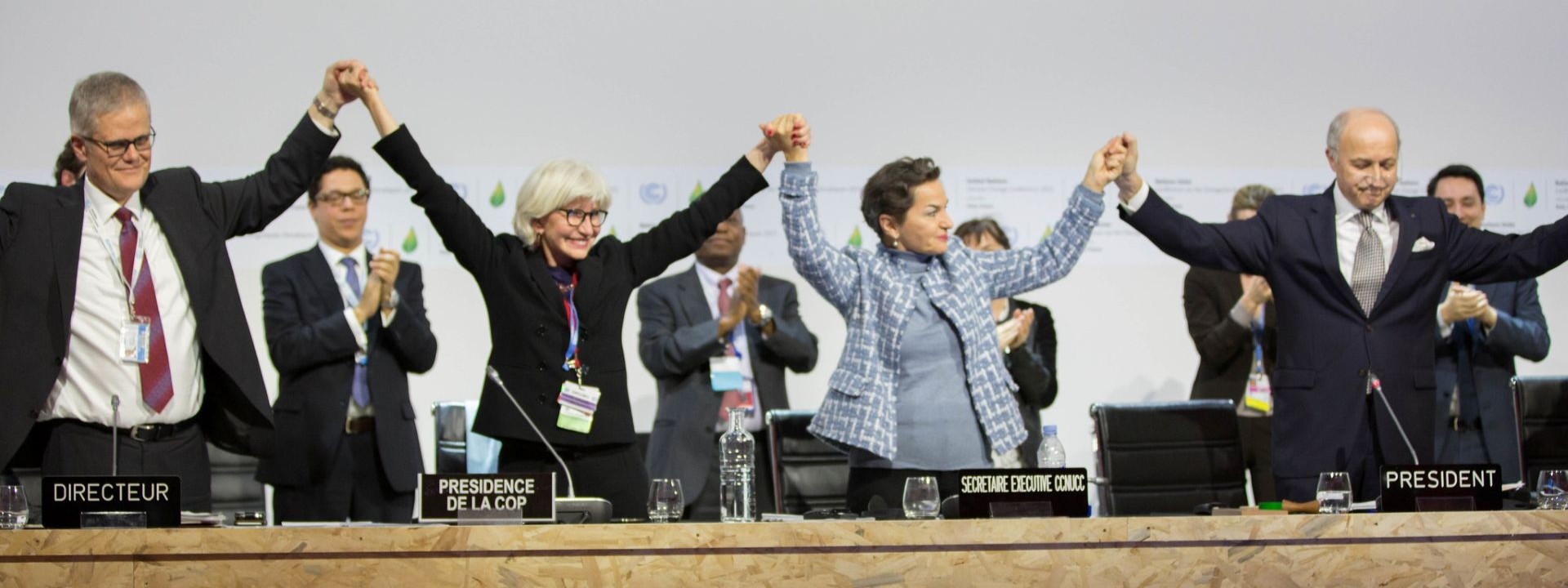
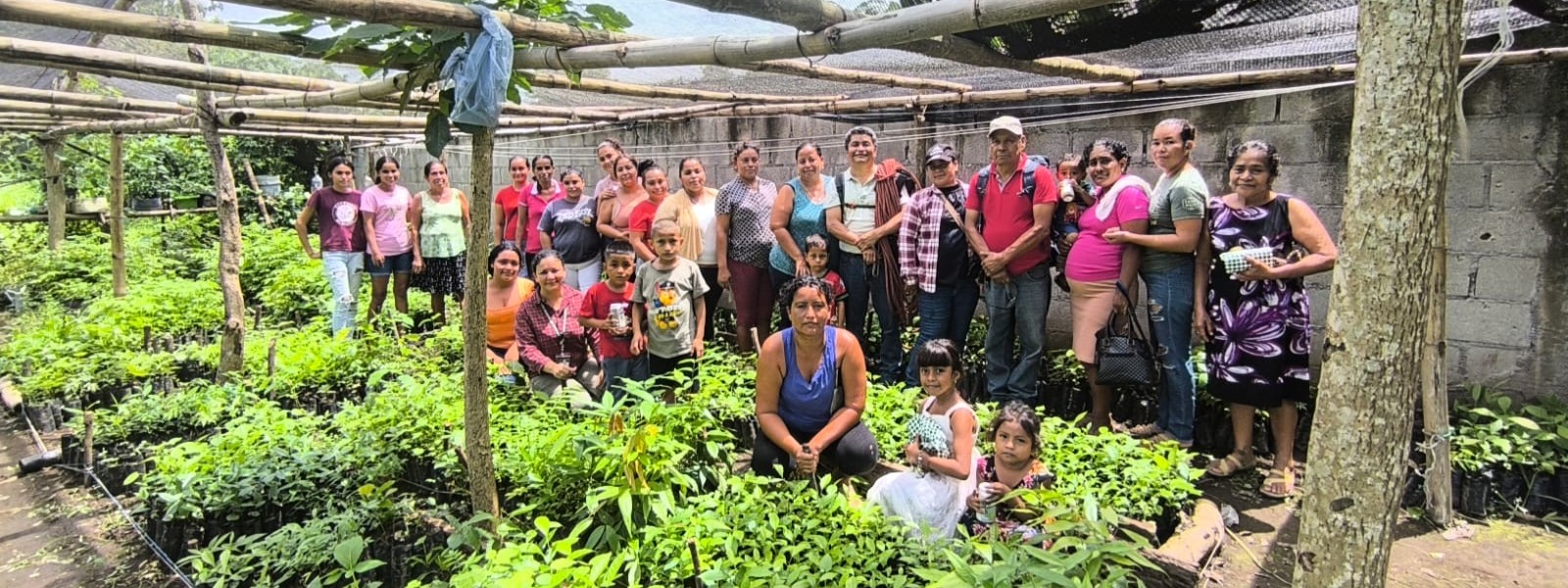
Share your thoughts with us